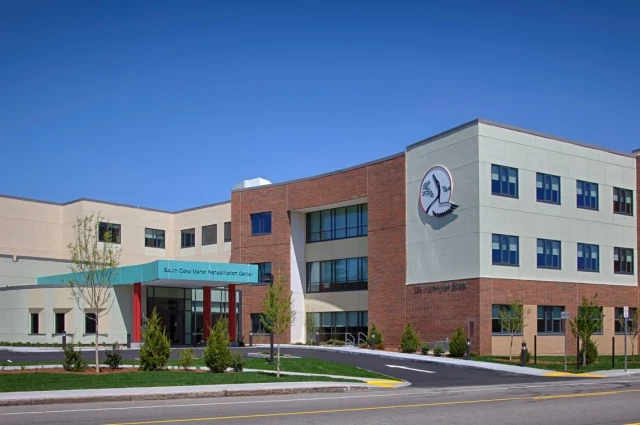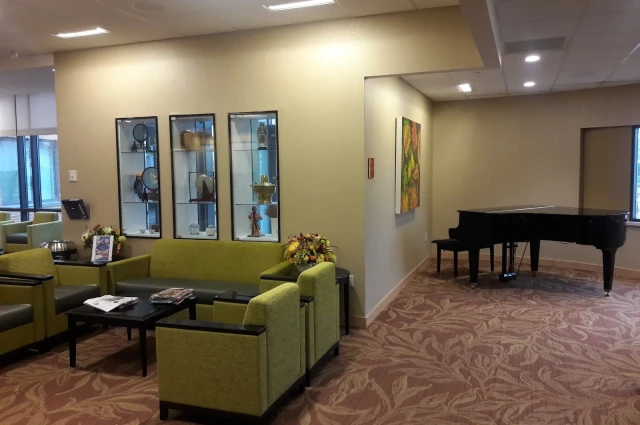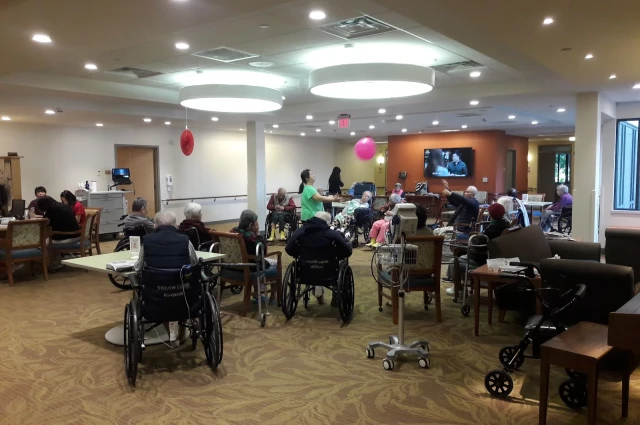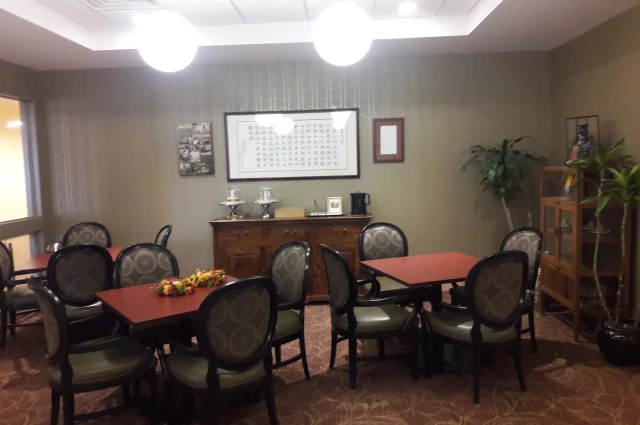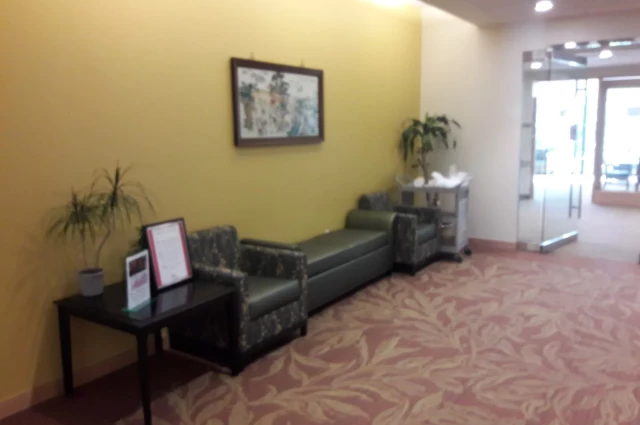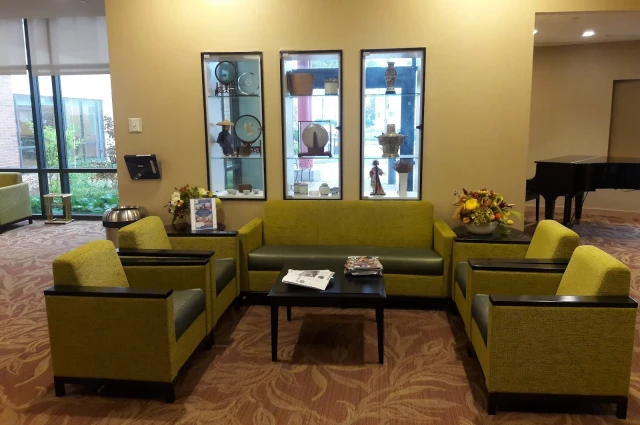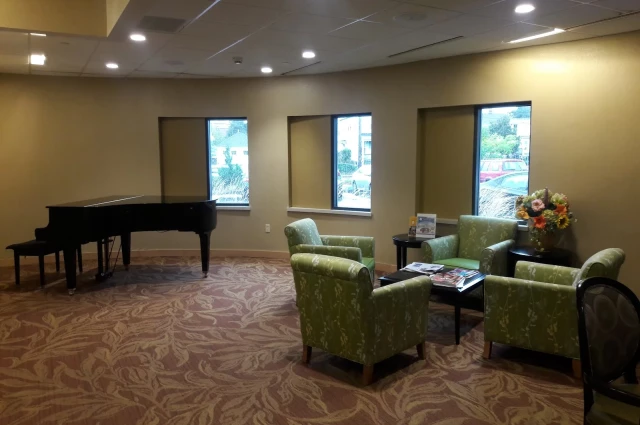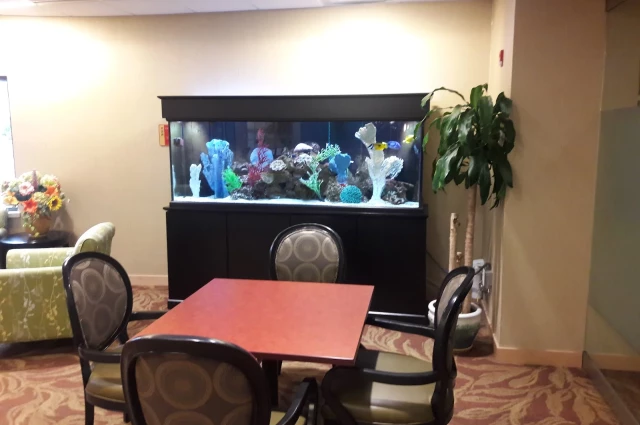South Shore Recovery Home Information
Treatment
Who We Treat
- Young Adults (18–25)
- Adults
- Seniors/Older Adults
- Older Adults
- Male and Female
- LGBTQ+
- Veterans
Approaches
- 12-Step-Based
- Twelve Step
- Group Therapy
- Cognitive Behavioral Therapy (CBT)
- 1-on-1 Counseling
- Medication-Assisted Treatment (MAT)
- Online Therapy
- Life Skills Training
- Relapse Prevention Counseling
Conditions We Treat
- Trauma
- Gambling
- Anger
- Co-Occurring Disorders
Languages
- English
- Spanish
Aftercare
- Employment Counseling
- Continuing Care
- Employment/Vocational Counseling
- Support Meetings
Level of Care
- Residential Rehab
- Co-Occurring Mental Health
- Sober Living
- Aftercare/Continuing Care
Experience
Smoking and Vaping Policy
- Smoking Allowed in Designated Areas
- Vaping Allowed in Designated Areas
Accreditations
-
Federally Qualified Health Center
Federally Qualified Health Center (FQHC) accreditation is a process of evaluation and recognition by the federal government for community health centers that provide comprehensive and accessible healthcare services to underserved populations. FQHC accreditation is essential for centers to receive federal funding and to ensure that they meet standards for quality, patient-centered care.
-
SAMHSA certification for opioid treatment program (OTP)
SAMHSA's Opioid Treatment Programs (OTP) Accreditation is a rigorous recognition process, signaling an OTP's commitment to high-quality care for those with opioid use disorders. It assures patients, families, and the community that the program adheres to evidence-based practices, maintains a safe environment, and employs qualified staff. This accreditation represents a commitment to addressing the opioid epidemic and promoting recovery, symbolizing quality and accountability in opioid addiction treatment.
-
State department of health
State Licenses, issued by government agencies, authorize rehabilitation organizations to legally operate within designated geographical areas. The specific licenses required for operation are typically determined by both the nature of the rehabilitation program provided by the facility and its physical location.

South Shore Recovery Home Accepts The Following Insurance Plans
Find the best treatment options. Call our free and confidential helpline today!
